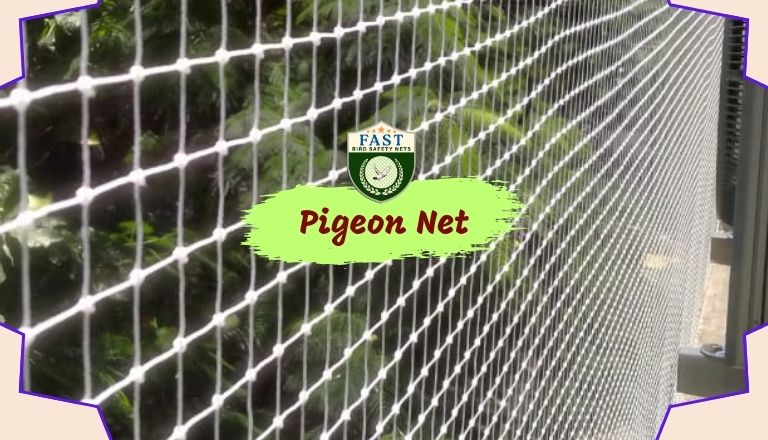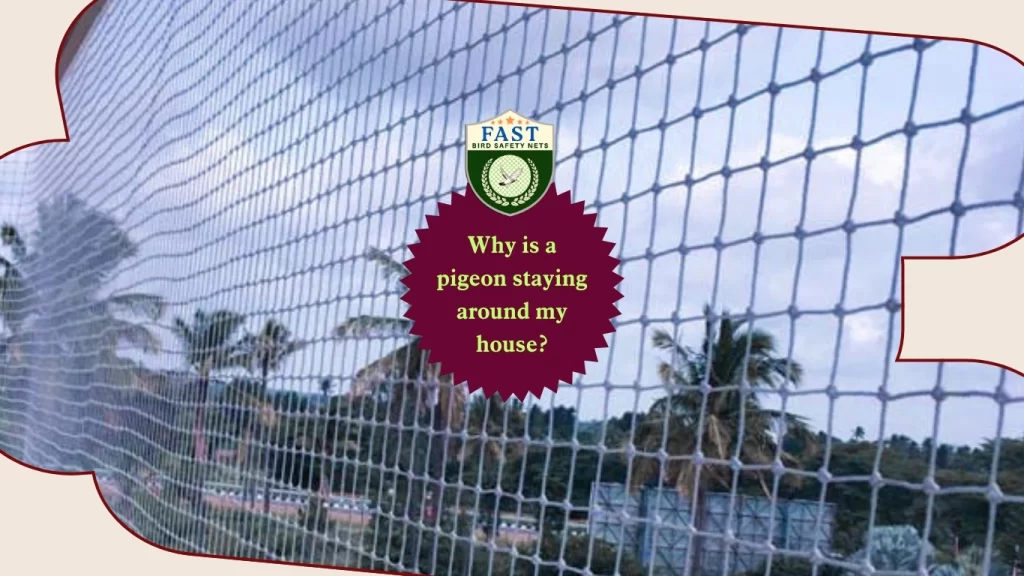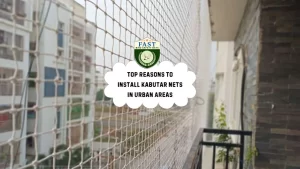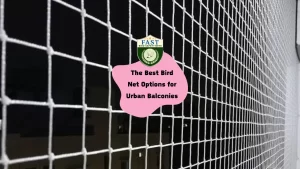Pigeons, often referred to as “city birds,” are a common sight in urban areas worldwide. Their presence around your house may be attributed to various factors, ranging from food availability to nesting opportunities. Understanding why are pigeon staying around your house can help you address any concerns and coexist harmoniously with these feathered neighbours.
1. Food Sources: Pigeons are opportunistic feeders and are attracted to areas where food is readily available. If you have bird feeders, spilled pet food, or accessible garbage bins around your house, pigeons may be drawn to these food sources.
2. Shelter and Nesting Sites: Pigeons seek sheltered areas for roosting and nesting. Your house, with its ledges, eaves, and gaps, may provide ideal spots for pigeons to build their nests and raise their young. Additionally, balconies, window sills, and roof spaces offer comfortable roosting locations for these birds.

3. Water Sources: Like all living creatures, pigeons require water for drinking and bathing. If your house is near a water source, such as a pond, fountain, or even a swimming pool, pigeons may frequent your area to fulfill their hydration needs.
4. Safe Environment: Pigeons are adaptive birds and tend to thrive in environments where they feel safe from predators. If your neighborhood lacks natural predators or if your house provides ample hiding spots, pigeons may choose to stay in the vicinity for protection.
5. Social Behavior: Pigeons are highly social birds that often form large flocks, especially in urban settings. The presence of other pigeons in your neighborhood may attract additional birds to your house, as they seek the companionship and safety of their flockmates.
Managing the Presence of Pigeons:
While pigeons can coexist peacefully with humans, their presence may sometimes become a nuisance. Here are some tips for managing the presence of pigeons around your house:
1. Maintain Cleanliness: Regularly clean up any spilled food, bird feeders, or garbage bins to minimize food availability for pigeons.
2. Seal Entry Points: Inspect your house for any gaps, holes, or openings where pigeons can enter and nest. Seal these entry points to prevent pigeons from roosting or nesting on your property.
3. Install Deterrents: Consider installing deterrents such as bird spikes, netting, or visual repellents to discourage pigeons from roosting or nesting on your house.
4. Provide Alternative Roosting Sites: If possible, provide alternative roosting sites away from your house, such as birdhouses or dedicated perching areas, to divert pigeons from settling on your property.
5. Seek Professional Assistance: If the pigeon population around your house becomes overwhelming or if you encounter any issues with nesting or droppings, consider seeking professional assistance from pest control experts or wildlife management professionals.
By understanding the reasons behind the presence of pigeons around your house and implementing appropriate management strategies, you can create a harmonious environment for both yourself and these urban-dwelling birds.






